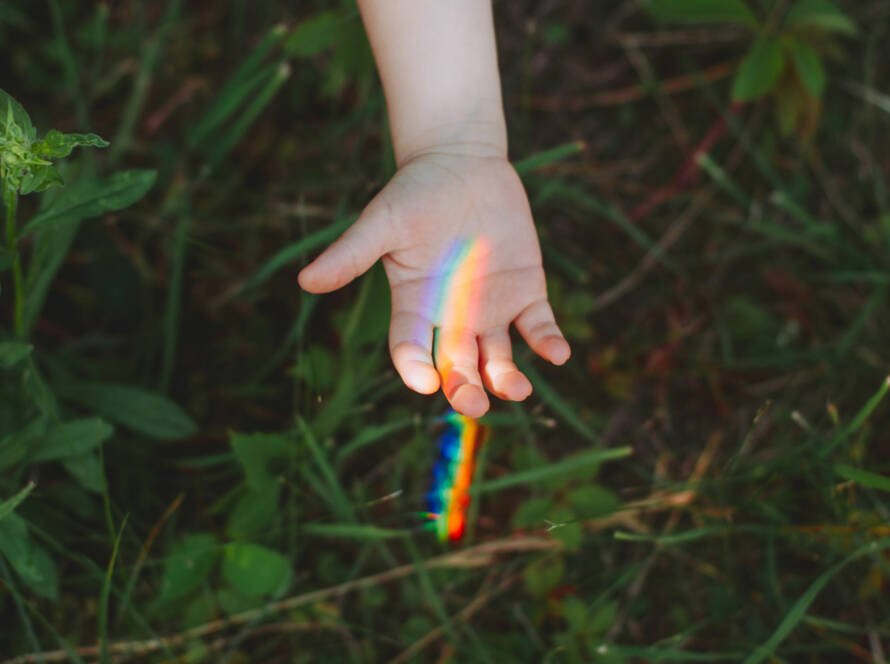Championing Mentorship and Personalized Guidance — The Future of Classroom Learning
In a world brimming with information, where knowledge is a click away and the attention span of learners is stretched thin across digital landscapes, the question before us is no longer what to teach, but how to awaken the learner within. Today’s classrooms, more than ever, are not meant to be arenas of instruction, but sanctuaries of transformation. And at the heart of this transformation stands not the lecturer—but the facilitator. Not the oracle of content, but the mentor of inquiry.
The modern learner does not seek rote-fed facts; they yearn for purpose, connection, and agency. They are not empty vessels waiting to be filled; they are sparks waiting to be kindled. In this age of uncertainty, rapid change, and moral ambiguity, the role of a teacher must rise above information delivery. It must evolve into one of compassionate facilitation—where the educator becomes a guide, a mirror, a torchbearer. This vision is not novel. It is, in fact, a return.
Midway on this path, we are reminded of an eternal truth—the soul of Indian pedagogy has always revered the guru not as a dispenser of knowledge, but as a catalyst of inner awakening. In the ancient Gurukul system, the teacher’s role was to evoke reflection, not repetition; to nurture wisdom, not just wit. Learning was not a mechanical act, but a meditative unfolding—an intimate journey where vidya (true knowledge) emerged through dialogue, observation, contemplation, and lived experience.


Facilitating Learning: The Shift from Authority to Ally
The National Education Policy (NEP) 2020 acknowledges this deeply. In its vision of holistic, learner-centric, and experiential education, it affirms that learning must be rooted in curiosity and driven by relevance. It urges us to move away from high-stakes testing, rigid curricula, and one-size-fits-all teaching. Instead, it calls for educators to become facilitators of learning experiences—designers of learning environments that are joyful, participatory, and authentic.
But what does it truly mean to facilitate?
It means creating space for students to question, rather than fear the question.
It means listening before instructing.
It means enabling learners to construct their own meaning—through exploration, discussion, collaboration, and reflection.
It means seeing every child not as a product to be molded, but a soul to be awakened.
Facilitation is not passive. It demands presence, empathy, intuition, and tremendous preparation. It requires the teacher to step back from the spotlight of knowledge and shine it instead upon the learner’s path. It is an act of humility and a sacred responsibility.
The Pedagogy of Presence
In a facilitator’s classroom, learning breathes. Children are not evaluated merely by answers, but by the courage to attempt. Knowledge is not confined to textbooks but drawn from nature, community, stories, experiments, and experience.
Such a teacher nurtures metacognition—helping children think about their thinking. They help students see beyond subjects and syllabi, into patterns, relationships, values, and relevance. They make learning interdisciplinary, contextual, and humane.
In this environment, success is not defined by marks but by meaning. A child who learns to collaborate, empathize, adapt, and reflect, is as celebrated as one who scores a perfect grade. The classroom ceases to be a competitive racetrack; it becomes a co-creative ecosystem.
Ancient Wisdom, Contemporary Urgency
As we delve deeper, we recognize how eerily aligned this modern vision is with the ancient ideals of Bharat. The Upanishadic dialogues between guru and shishya were never lectures—they were explorations. The Mahabharata’s finest lessons were not taught in classrooms, but through lived dilemmas, in the world itself.
Even today, the Indian knowledge systems—rooted in anubhav (experience), manan (reflection), and adhyayan (self-learning)—stand as a testimony to the fact that the human mind learns best not in confinement, but in connectedness. Not through coercion, but through contemplation. Not through competition, but through collaboration.
The facilitator, thus, is not a break from tradition—it is a glorious return to it.
A Call to Today’s Educators
To be a facilitator in today’s world is to be a bridge—between tradition and innovation, between knowledge and wisdom, between outer achievement and inner fulfillment.
It is to recognize that education is not preparation for life—it is life itself. And if we are to prepare the next generation to navigate the complex world of tomorrow, we must equip them not merely with degrees, but with discernment. Not merely with information, but with integrity. Not merely with skills, but with soul.
Let us then reimagine our classrooms as living gurukuls—not bound by walls or eras, but by a spirit of lifelong inquiry. Let us rekindle the sacred bond between teacher and learner—not of hierarchy, but of harmony.
And above all, let us embrace once more the noblest ideal of teaching—not as instruction, but as initiation. Not as performance, but as presence. Not as power, but as purpose.
For in every child, there lies a potential sage. And in every true teacher, the timeless rishi awakens again



